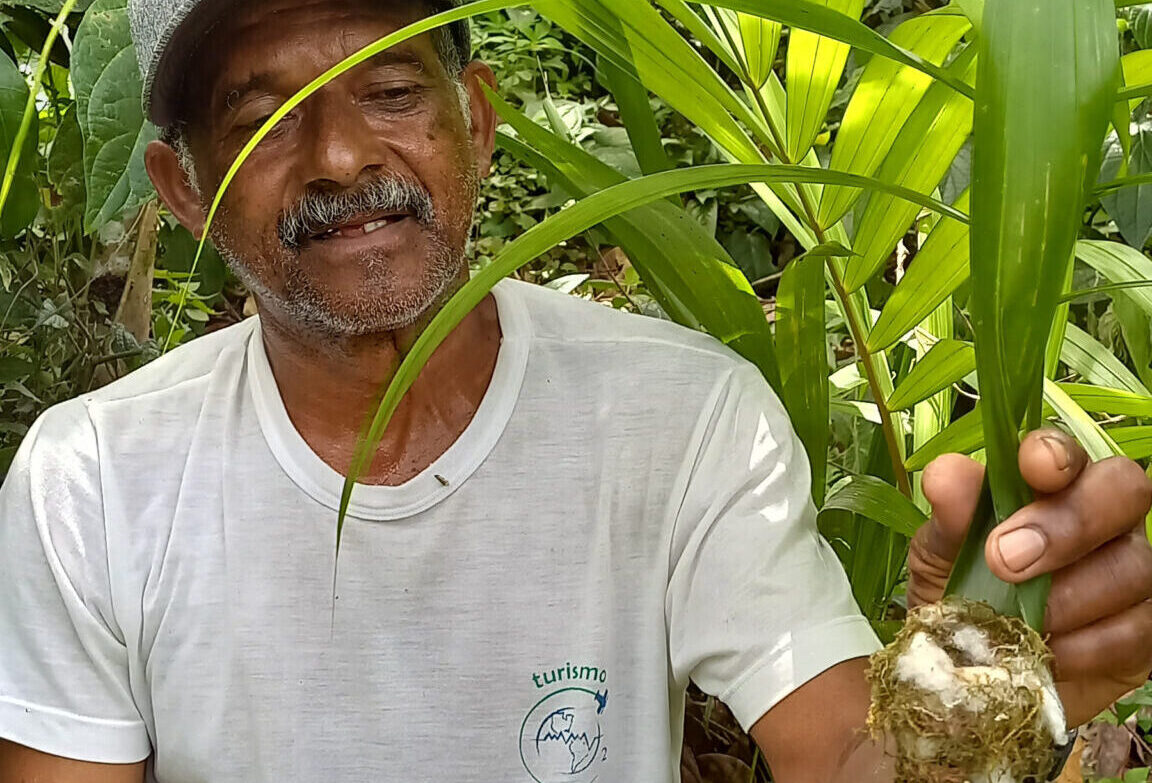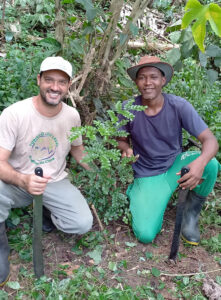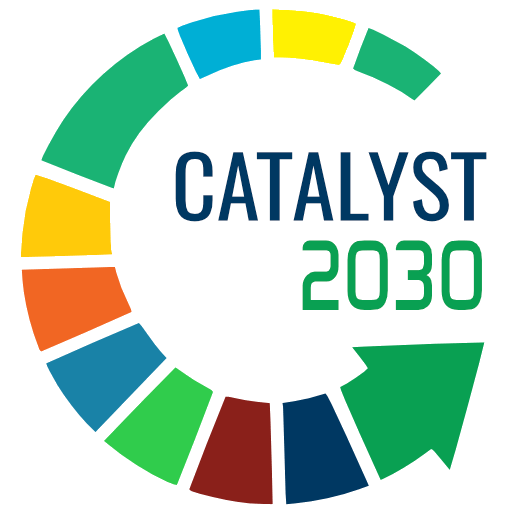
It’s no secret that we’re going through a climate crisis that is altering our climate and increasing the average temperature of the Earth. The amount of Carbon Dioxide (CO2), Methane (CH4), and Nitrous Oxide (N2O), the main greenhouse gases present in our atmosphere, are largely responsible for the climate change we are experiencing. That’s why we need to talk about our carbon footprint.
According to the latest Intergovernmental Panel on Climate Change (IPCC), organized by scientists chosen by the UN to monitor and advise all global science on climate change, if the planet gets much warmer, we could see irreversible changes to some ecosystems around the world, which would be catastrophic for the people and all the biodiversity that depend on them.
It’s important to be aware of our environmental impact in this context of crisis so that we can play our part as individuals and as part of society to preserve our planet. That’s why it’s essential to know what our carbon footprint is and how we can help the planet by doing our bit.
What is a carbon footprint?
National Geographic describes the carbon footprint, or ecological footprint, as the amount of greenhouse gases emitted into the atmosphere by some human activity, which can be a product or a service, or by a person’s daily actions. Every activity we carry out generates some kind of impact in the world, whether individual or collective, and this impact is measured in tons or kilos of carbon dioxide.
According to the Turismo CO2 Legal Program — which works in an integrated way to promote environmental conservation and regeneration — tourism is responsible for approximately 8% of global greenhouse gas emissions. In Brazil, it is practiced with little socio-environmental responsibility, which has generated many negative impacts.
 “The important thing about our program is that it takes a systemic view of climate issues related to tourism. By offsetting the emissions of businesses and tourists, we create a financial mechanism. So the compensation funds will be channeled towards family farmers and traditional communities in the tourist destination. These families will receive a payment for environmental services — which today is 400 Brazilian reais (around 80 to 100 USD) a month.
“The important thing about our program is that it takes a systemic view of climate issues related to tourism. By offsetting the emissions of businesses and tourists, we create a financial mechanism. So the compensation funds will be channeled towards family farmers and traditional communities in the tourist destination. These families will receive a payment for environmental services — which today is 400 Brazilian reais (around 80 to 100 USD) a month.
This amount is passed on to these beneficiary families and, when they receive this amount, they take practical actions on their properties that will compensate the enterprises and tourists,” explains Salvador Ribeiro, a forestry engineer and one of the program’s creators.
In other words, CO2 Legal Tourism helps social groups living in vulnerable situations — who sometimes degrade the environment by cutting down and burning forests, hunting, and degrading springs and the soil — and turns them into protagonists of environmental conservation and the climate agenda.
How do I measure my ecological footprint?
Here at Raízes, we control our ecological footprint by carefully measuring the impact of project logistics. This year, our Environment Committee looked at the best way to offset carbon, but you have to be aware that not all forms of mitigation are efficient. We have a video on Climate Justice where we talk about this as well.
Turismo CO2 Legal is one of Raízes’ partners precisely because we think it’s important to have credible partners. The program uses a method that makes it easier for businesses and tourists to understand and participate, channeling the resources from offsetting GHG (Greenhouse Gas) emissions to promote the 2030 Agenda.
The CO2 Legal Tourism Calculator, a resource they offer, allows you to offset greenhouse gas emissions. And the best thing: in a network that helps protect our forests, improve the quality of life of the people who live in them, and combat global warming.
What can small companies like Raízes do?
For Salvador, “the idea is for companies to start engaging and sensitizing their clients so that they also make the compensations. Because it’s the compensation from tourists that gives the program scale to raise and distribute more money.”
Hey Nude, a B company in the food sector, has launched the Show Your Footprint campaign to encourage businesses to calculate and publicize, and customers to hold them accountable for it. So here’s our message and invitation!
According to The Nature Conservancy (TNC), climate change is not a distant threat, it’s happening right now and the last three years have been the hottest in history. If everyone takes on small responsibilities and commitments to the climate issue, we will all benefit from the results.
Our planet is crying out for help and the ones who have the most to lose are our very selves, humanity.
Photo¹: Reproduction / CO2 Legal Tourism
Photo²: Reproduction / CO2 Legal Tourism

